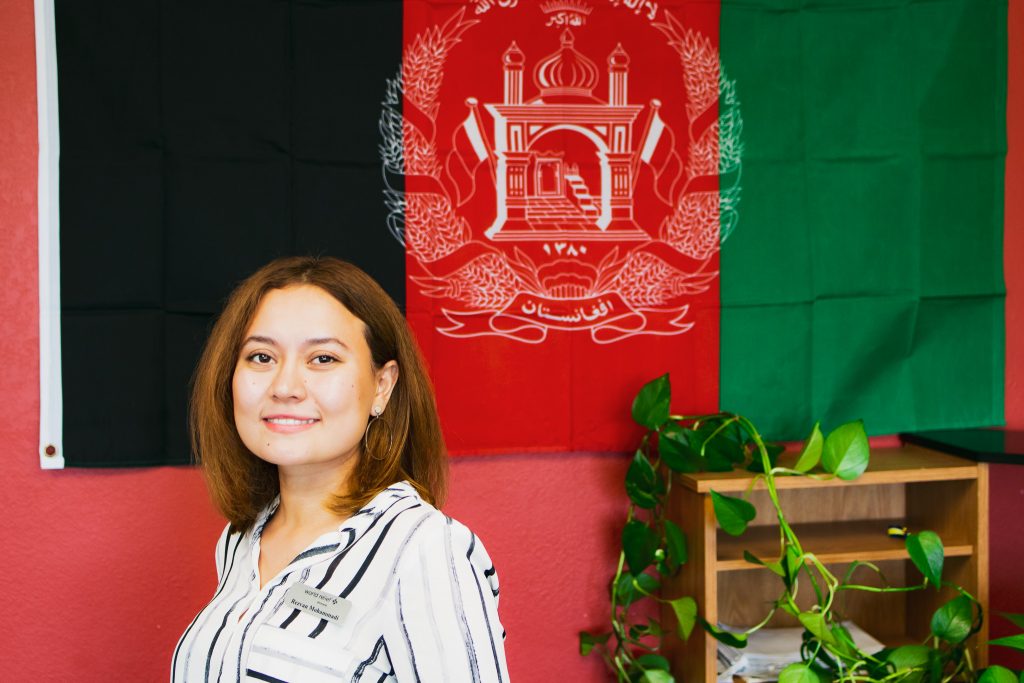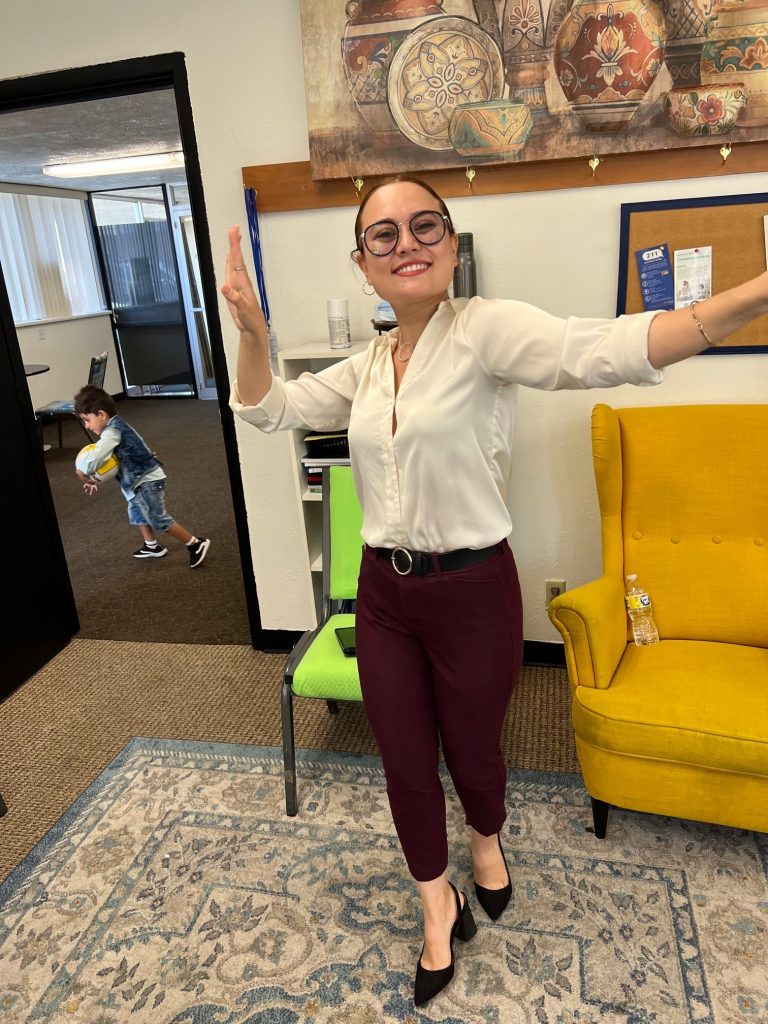Until she came to the United States in 2019, Rezvan had been a refugee for her entire life.
She considers Afghanistan to be her home country, but she was born in Iran and grew up in Turkey.
“Our whole lives were like moving from city to city or from country to country.”
Rezvan’s mother and father fled Afghanistan to Iran during the Soviet-Afghan war.
After Rezvan’s father died in Iran, her mother decided to move the family to Turkey to protect her daughters and provide them with more opportunities.
“My father died in Iran, and then, after my father died, we decided to move from Iran to Turkey because all of us were young, and my mom [wanted to protect us].” Rezvan’s mother wanted a better life for her daughters than what she could foresee in Iran or Afghanistan.
Devastation After The Fall
According to the Human Rights Watch, “Taliban rule has had a devastating impact on Afghan women and girls.” The Taliban has created barriers to women’s health and education and curtailed their freedom of movement and expression. While Taliban rule is new since the fall of Kabul one year ago, many of these Taliban abuses were already present throughout the country years before.
According to UNICEF, child marriage is also on the rise in Afghanistan.
We have received credible reports of families offering daughters as young as 20 days old up for future marriage in return for a dowry.
Even before the latest political instability, UNICEF’s partners registered 183 child marriages and 10 cases of selling of children over 2018 and 2019 in Herat and Baghdis provinces alone. The children were between 6 months and 17 years of age.

UNICEF estimates that 28 per cent of Afghan women aged 15–49 years were married before the age of 18. (unicef.org)
Rezvan and her family lived in Turkey for 8 years, from the time Rezvan was 14 until she was 22. She finished high school and college there.
“When I was in Turkey, I had some friends from Italy. They are my second mom and dad. They support me a lot. They worked in Turkey with refugees for 25 years. They taught me how to help people. I decided to help refugees in Turkey, and then I taught Turkish language to refugees for five years.”
Rezvan speaks Persian (called Dari when spoken in Afghanistan), Turkish, and as she says, “English a little bit, and I can understand a little bit of Arabic.”
Rezvan’s sister came to the US five years before Rezvan and her mom, and her sister connected Rezvan to World Relief while she was still in Turkey. “They helped us a lot. They gave us a caseworker. Now, I am a caseworker.” Rezvan’s experiences have created within her a strong desire to give back. She knows how important it is to meet a friendly face, to have someone to walk alongside you.
Working in Heaven
“World Relief is like heaven. When you come inside World Relief, when you see the people’s faces in World Relief, you can see kindness in their heart.”
Rezvan now serves refugees during their first 90 days of arrival in the US. She welcomes them at the airport, helps them bridge the language barrier and connect with resources. In connection with her teammates, she helps them find housing and employment and enroll their children in school, as well as navigating public transportation, shopping and all the other details of daily life.

“You know, because I spent all my life as a refugee, so when I see a refugee come here, I see myself and my family. We had a hard life. I don’t want the refugees when the come here… I want them to have a good life here. I want to help them like those two people that taught me how to help people.
“Those are my beautiful lessons in my life.
“When I help people, I feel something. It’s hard to describe… Before, when I came to World Relief, I thought maybe I had a heavy thing on my back, but when you help people, you are just like…free. It’s like something is going to be free from your body. When I am here, I feel very, very well.”
